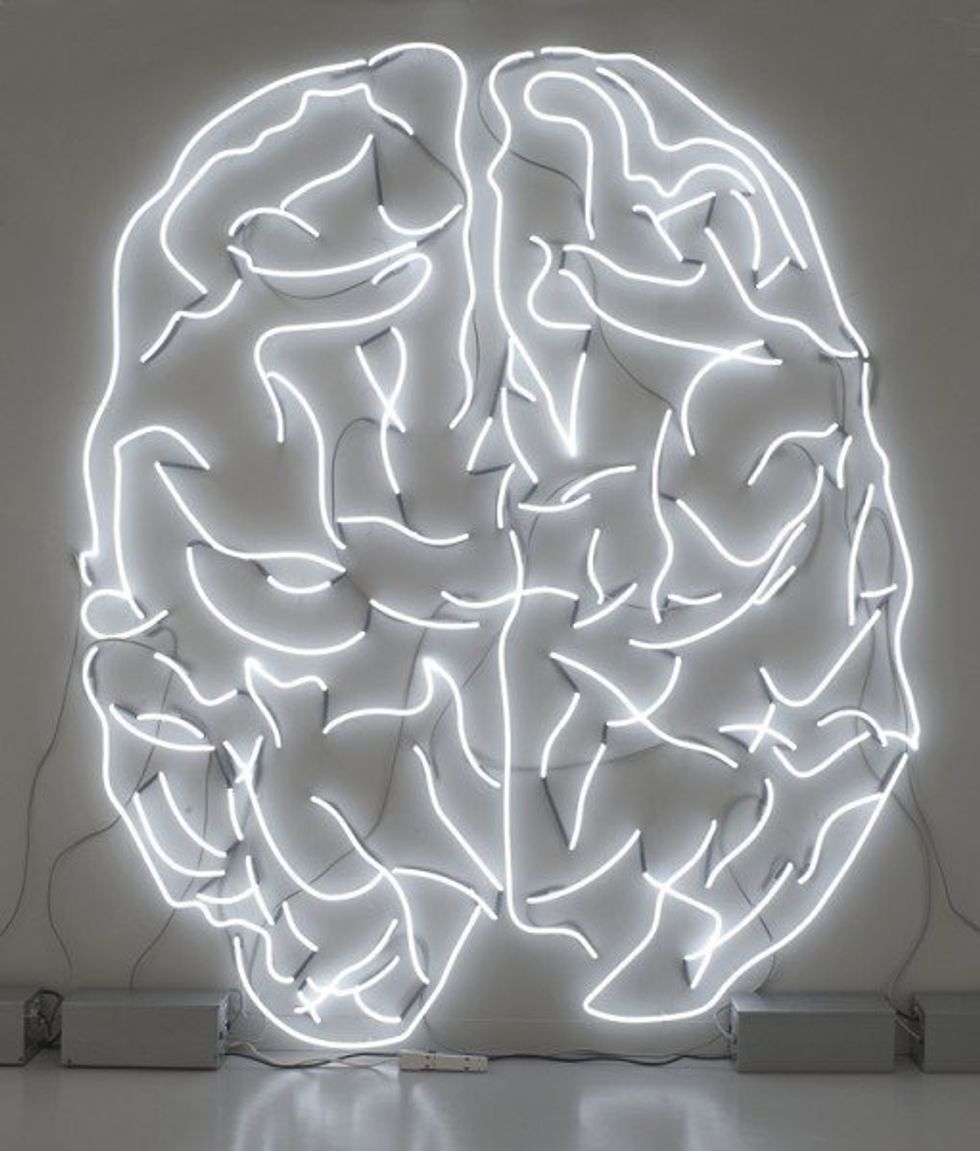Whenever I thought of "The Road Not Taken" written by the prolific poet Robert Frost, it always brought a smile to my face because I was taught the speaker took the good path, the path less traveled by, and ultimately the path that leads to a better life. However, when I took a closer look at the poem and really dissected it, I discovered something much more obscure and deeper about human nature.
"The Road Not Taken"
Two roads diverged in a yellow wood,
And sorry I could not travel both
And be one traveler, long I stood
And looked down one as far as I could
To where it bent in the undergrowth;
Then took the other, as just as fair,
And having perhaps the better claim,
Because it was grassy and wanted wear;
Though as for that the passing there
Had worn them really about the same,
And both that morning equally lay
In leaves no step had trodden black.
Oh, I kept the first for another day!
Yet knowing how way leads on to way,
I doubted if I should ever come back.
I shall be telling this with a sigh
Somewhere ages and ages hence:
Two roads diverged in a wood, and I—
I took the one less traveled by,
And that has made all the difference.
- Robert Frost
1. It's an uplifting poem
Everyone is entitled to their own opinion. However, the title of the poem is, "The Road Not Taken." The title of the poem is not, "The Road That Was Taken." The speaker of the poem's title emphasizes on the road he didn't take instead of the road he took. Hence his focus is on the road he didn't choose.
2. He chose the unique path
In the second stanza, the speaker at first says it was the "better" claim because it was "grassy" and "wanted wear." However, at the end of the stanza, he then states both roads were "worn" the same.
3. He doesn't have regrets about the path he didn't choose
The speaker apologizes in the first stanza, wishing he was the one traveler who could travel both paths. The speaker even states, "Oh! I kept the first for another day!" which translates to him still thinking about going down the path that was not taken. He even says he keeps it for another day.
4. It's a sigh of relief
In the fourth stanza, the sigh, one could argue, could be a sigh of relief. However, the word "sigh" is usually used to express sadness since he cannot travel both paths. Then the speaker skips to the future using the word "shall;" he will definitely be saying "somewhere ages and ages hence" he took the road less traveled by. But then goes on using two I's with a dash, revealing uncertainty in the speaker's tone, trying to convince himself he took the road less traveled by.
5. He went down the narrow path and it made all the difference. He chose the path no one would take
Throughout middle school and high school, those notions were the meaning of the poem. But looking at it with a new pair of eyes and actually reading and critically thinking for myself, the poem has neither a moral, positive or negative message. In my interpretation, it is a poem that paints a picture of a speaker looking at the path in life he didn't take.
I think everyone thinks to themselves at times: What if I chose this route instead, what would have happened to me? But to keep our sanity we think, and tell ourselves, since we can't go back in time, the path we have chosen was the right choice, that we took the road that was "less traveled by" even if we don't truly know. All in all, it's human nature to reflect about the paths we didn't take instead of the ones we did.

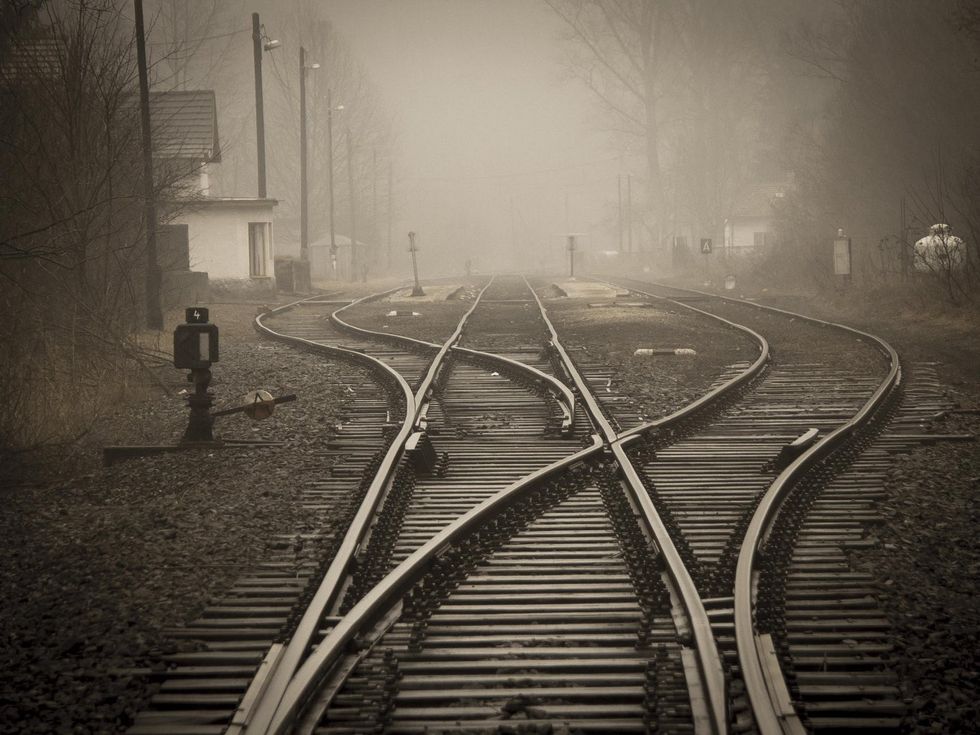
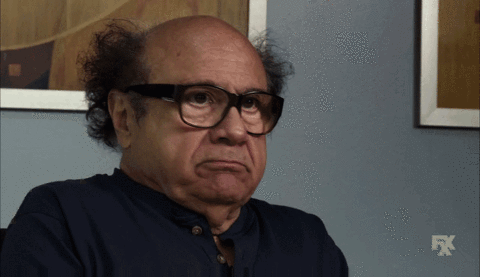

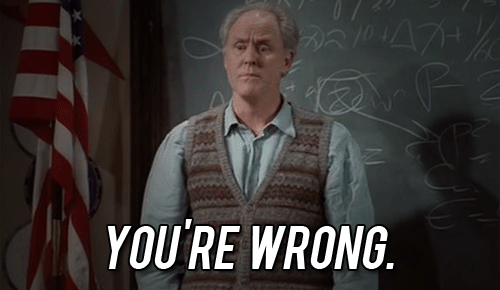
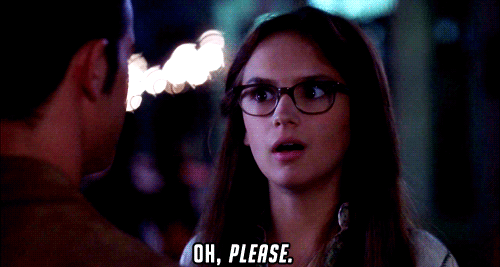
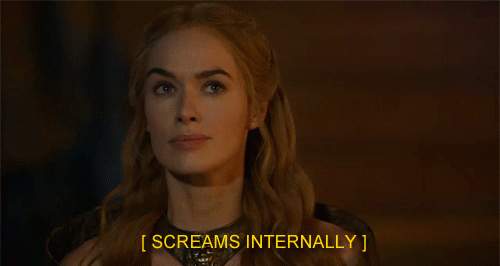





 Photo by
Photo by 